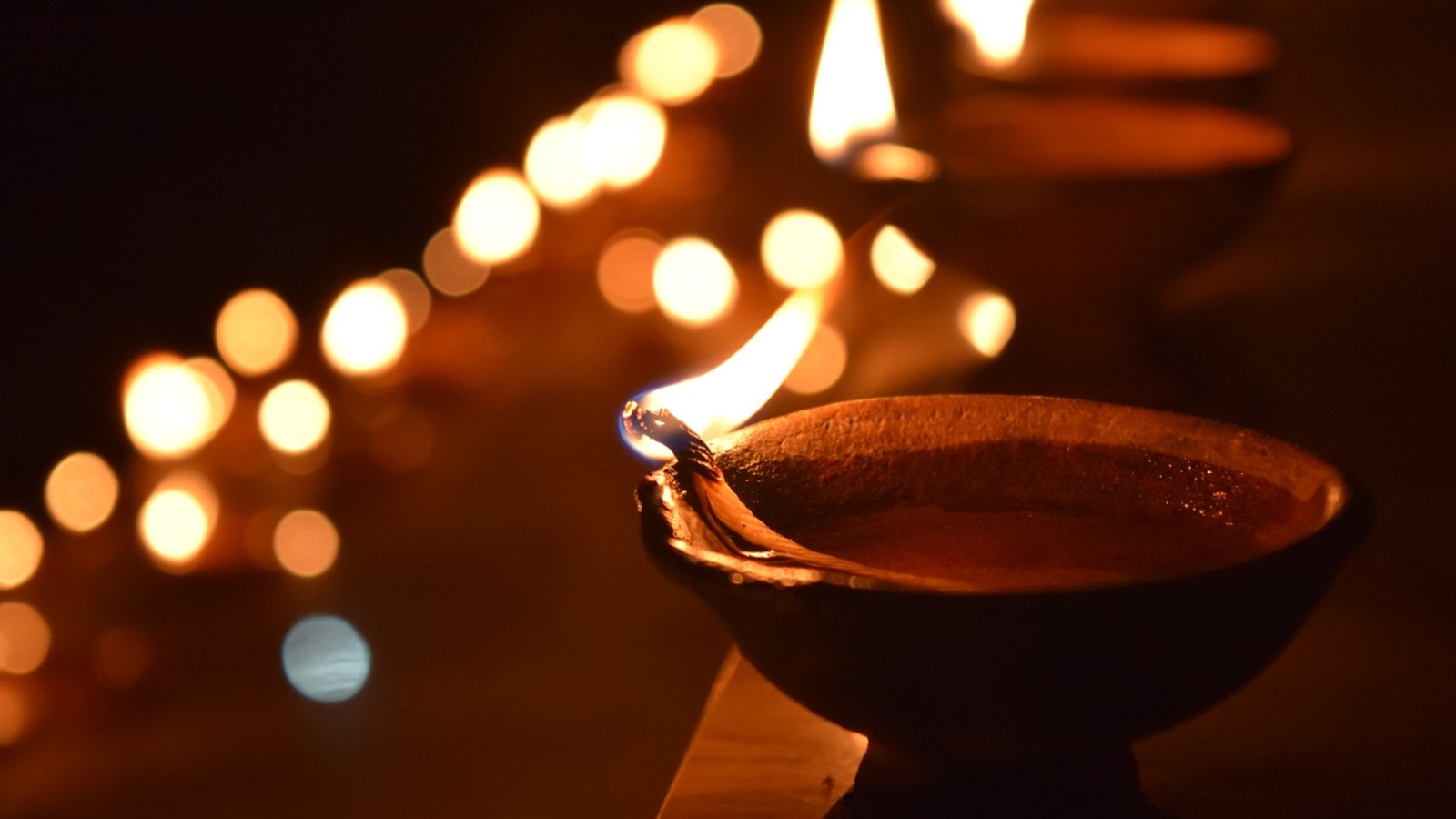Diwali: The Festival of Lights
Diwali, also known as Deepavali, is one of the most significant festivals celebrated in India and by Hindus around the world. Derived from the Sanskrit word “Deepavali,” meaning “row of lights,” the festival symbolizes the victory of light over darkness, good over evil, and knowledge over ignorance. Diwali typically spans five days, with each day carrying its own cultural and religious significance.
Day 1: Dhanteras The festival commences with Dhanteras, a day dedicated to the worship of wealth and prosperity. People clean and decorate their homes, and special prayers are offered to Goddess Lakshmi, the deity of wealth. It is common to buy gold, silver, or utensils on this day, symbolizing the welcoming of prosperity.
Day 2: Naraka Chaturdashi (Choti Diwali) Naraka Chaturdashi, also known as Choti Diwali, commemorates the victory of Lord Krishna over the demon Narakasura. People engage in rituals to cleanse and purify themselves. Homes are adorned with colorful rangoli, and diyas are lit to dispel darkness and welcome positive energy.
Day 3: Diwali The main day of Diwali is marked by the lighting of diyas, candles, and lamps. Homes are beautifully decorated with rangoli, lights, and vibrant colors. The atmosphere is filled with the sound of crackers and the aroma of festive sweets. Families gather for prayers, seeking the blessings of Goddess Lakshmi for wealth and prosperity.
A significant aspect of Diwali is the exchange of gifts and sweets among friends and family. It is also a time for feasting on a variety of traditional sweets and savory dishes. The bursting of fireworks symbolizes the victory of good over evil and adds to the festive spirit.
Day 4: Govardhan Puja The fourth day, Govardhan Puja, honors the lifting of Mount Govardhan by Lord Krishna to protect the villagers from Indra’s wrath. People create small hillocks of cow dung to represent the mountain and offer prayers for agricultural prosperity.
Day 5: Bhai Dooj The final day, Bhai Dooj, celebrates the bond between brothers and sisters. Sisters perform aarti for their brothers, applying a ceremonial tikka on their foreheads. In return, brothers offer gifts and promise to protect their sisters.
Symbolism and Significance Diwali is more than just a festival; it is a symbol of the triumph of righteousness and the dispelling of ignorance. The lighting of lamps signifies the removal of spiritual darkness and the illumination of knowledge. The bursting of fireworks represents the victory of light over darkness, while the exchange of sweets and gifts strengthens social bonds and unity.
Environmental Concerns In recent years, there has been a growing awareness of the environmental impact of Diwali celebrations, particularly the use of firecrackers. Efforts are being made to promote eco-friendly celebrations, encouraging the use of noiseless and pollution-free fireworks or opting for alternative ways to celebrate the festival without harming the environment.
Conclusion Diwali is a celebration of joy, unity, and the triumph of good over evil. It brings families and communities together, fostering a sense of togetherness and shared happiness. Beyond the festivities, Diwali carries profound cultural, religious, and spiritual significance, making it a cherished and widely anticipated festival in the hearts of millions.


Add a Comment